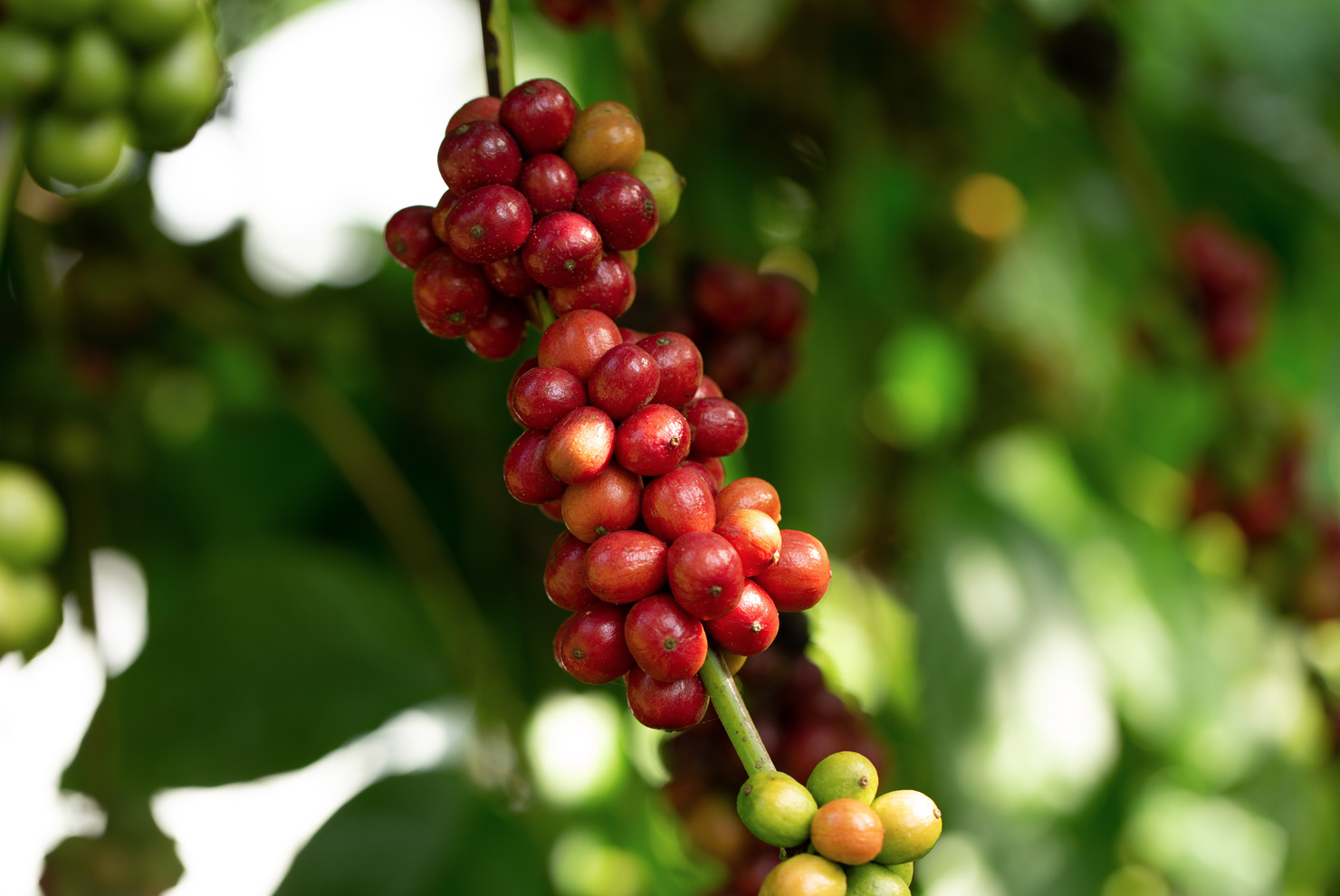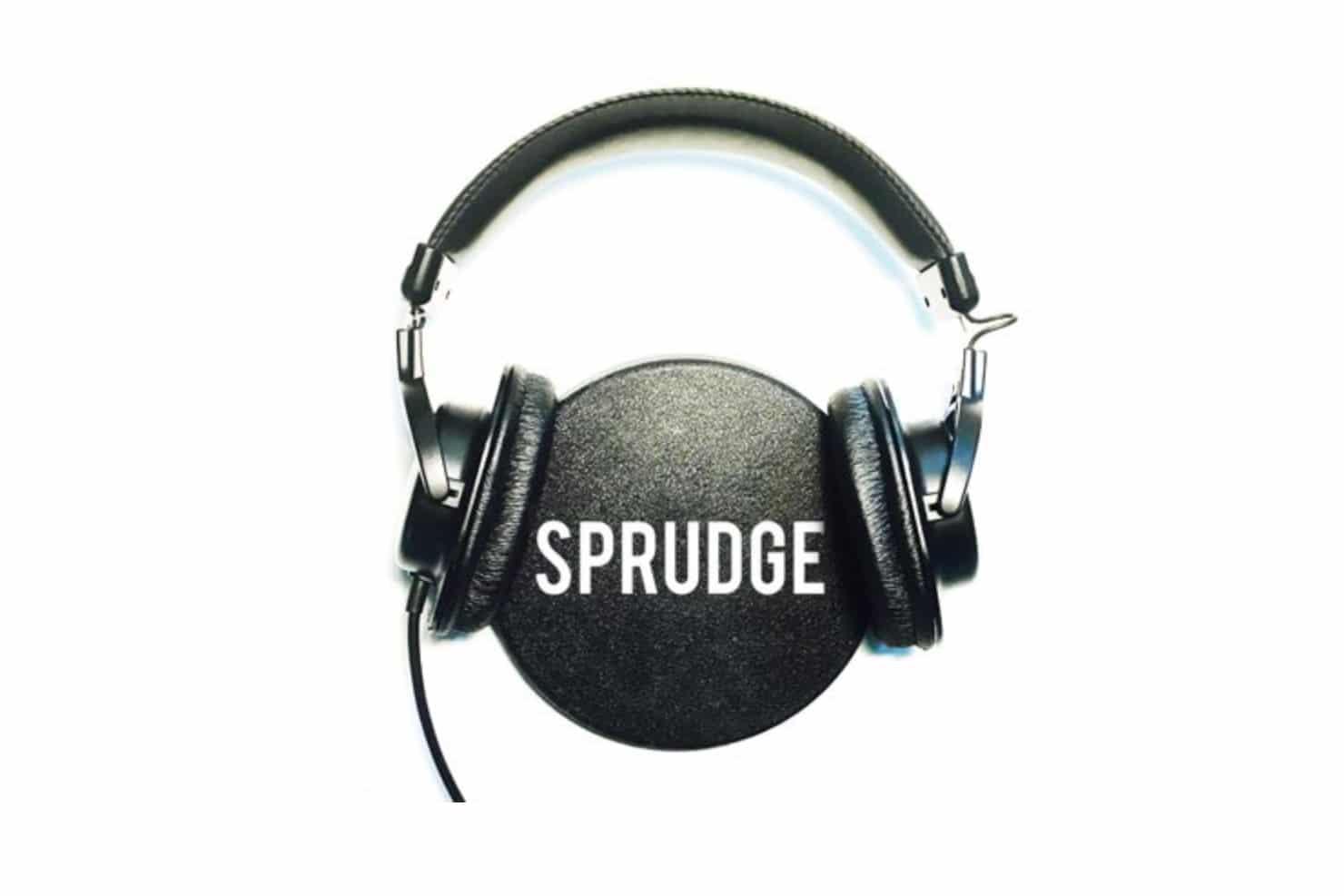We are living in the robusta renaissance, the robustassance if you will. The oft-maligned Coffea canephora, once seen only as a lower quality coffee to be used as a caffeine boost for blends and in instant coffees, is seeing an increased interest from the coffee industry at large. Due in part to its resilience in increasingly hostile growing conditions (read: climate change), robusta production is catching up to that of Arabica; whereas it was once a 70/30 split in favor of Arabica, robusta is approaching 50% of all coffee produced globally.
Even with the continued rise in production, the price of robusta is holding strong, and the price of robusta futures on the International Commodities Exchange (ICE) has reached a 16-year high.
As reported by Reuters (via XM), the price of robusta on ICE reached $3,750 per metric ton (just over $1.70 per pound) marks the highest price robusta has fetched since 2008, when “the current form of the futures contract started trading.” Then yesterday, the price went up again, eclipsing the $3,800 mark.
The reason for the uptick appears to be due to tighter supplies coming out of Vietnam, the world’s leading producer of robusta. Though there has been an increase in farmer and trader sales of robusta in the country, “the volumes on offer remain insufficient to meet demand from exporters and trade houses short of supply.”
Meanwhile, the price of Arabica on the C-market sits at $2.06 per pound, a significant improvement from as recently as May 2020, when the price last dipped below $1.00.
Though Arabica still fetches a higher price than robusta, the latter’s ability to produce larger quantities and in more extreme conditions may make it an enticing proposition for coffee farmers in the future. It’s hard to ascertain how this will affect specialty coffee in particular, those highly-graded coffees that don’t trade on ICE. It stands to reason that specialty Arabica producers, who are already receiving higher per-pound rates, won’t change course. Those who trade more in commodity Arabica, though, may be more likely to switch, further tipping the scales robusta’s way. The wave of robusta doesn’t appear to be cresting any time soon.
Zac Cadwalader is the managing editor at Sprudge Media Network and a staff writer based in Dallas. Read more Zac Cadwalader on Sprudge.

























